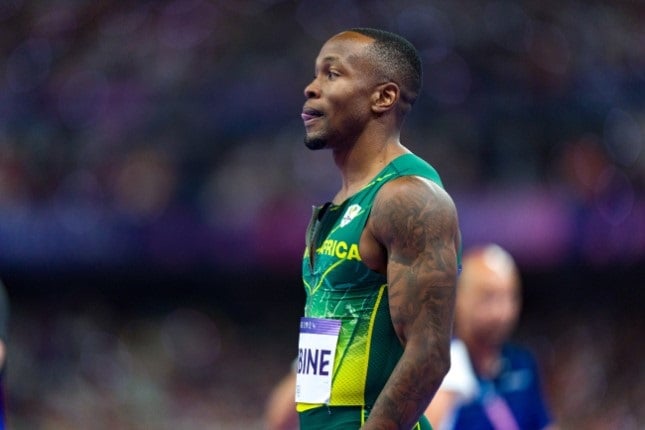Fueling the Extraordinary: Nutrition for Professional Athletes and Active Individuals
Introduction
As we witness the awe-inspiring performances of professional athletes during the Olympics, it’s natural to wonder about their dietary secrets. To unravel these mysteries, we consulted with performance dietitians who guide athletes in fueling their intense training and game-day performances.
Breakfast Habits of Professional Athletes
Contrary to popular belief, breakfast routines vary greatly among professional athletes. Brittany Dunn, a performance dietitian, emphasizes that personal preferences, sport-specific demands, and timing between eating and training influence these choices. Athletes may opt for boiled eggs, açai bowls, or traditional breakfast sandwiches, ensuring nutritional adequacy.
On game day, consistency reigns supreme. Athletes stick to their established meal plans, avoiding surprises that could disrupt their digestive system. This routine provides mental comfort and prepares them for the day’s challenges.
Caloric Needs of Professional Athletes
Professional athletes expend tremendous energy and thus require significantly more calories than the average person. While some athletes, like Michael Phelps, reportedly consume up to 12,000 calories daily, Dunn has worked with athletes consuming a 1,000-calorie recovery smoothie and multiple meals to support their training and recovery needs.
Comparison to the Average Person
Professional athletes often consume five to eight meals per day, including full meals and snacks. They prioritize carbohydrates to fuel their intense workouts, often consuming simple sugars for easier digestion.
For the general population, excessive sugar intake should be avoided. However, professional athletes rely heavily on carbohydrates to support their energy demands, resembling a roaring fire that can more easily burn through fuel.
Meal Planning for Professional Athletes
Creating meal plans for professional athletes involves tailoring calories and nutrients to their specific needs, sports, and dietary preferences. Dunn ensures that athletes enjoy their meals to promote adherence and adequate fueling.
For active individuals who are not professional athletes, Dunn recommends incorporating healthy fats, protein, and complex carbohydrates into breakfast. Examples include yogurt with granola, oatmeal with fruit, and veggie omelets.
Protein as a Foundation
Dr. Marc Bubbs, a performance nutritionist, stresses the importance of protein at breakfast, aiming for at least 20 grams for active individuals. He recommends 30-40 grams per meal for men and 20-30 grams for women.
Balancing Carbohydrates and Fats
Bubbs advises reducing carbohydrates for weight loss or blood sugar management. Prioritize berries over bananas and limit bread intake. For fats, moderation is key, with olive oil or small portions of avocado being suitable choices.
Conclusion
Understanding the nutritional strategies of professional athletes and active individuals can inform our own dietary choices. By focusing on protein, complex carbohydrates, and healthy fats, we can effectively fuel our workouts and support our health and fitness goals. Remember, consistency and personalization are crucial in developing a successful nutrition plan.



